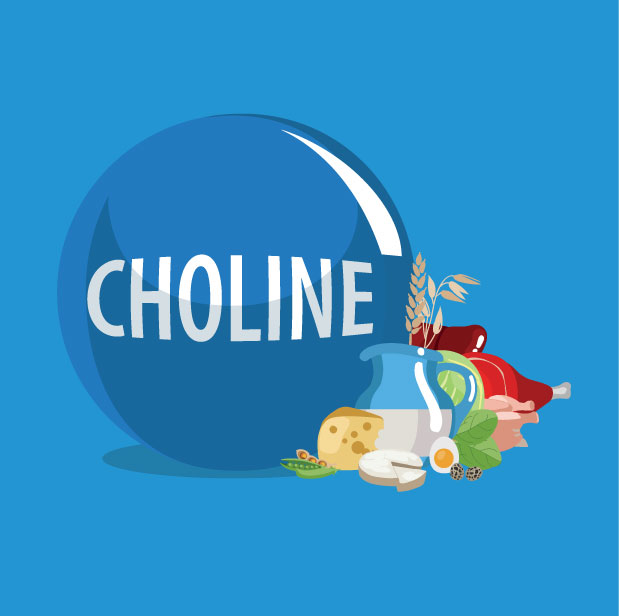March 23, 2015 | Community News, N Krupenko News, News, Research News, Zeisel News
March 17, 2015 • Eleven faculty research scientists at the UNC Nutrition Research Institute (NRI) in Kannapolis currently have externally funded grants to support their work exploring individualized nutrition. These awards are significant not only for providing the means by which the NRI can advance its scientific discoveries but also for their economic impact in the Charlotte region.
March 12, 2015 | Community News, News
March 8, 2015 • The following has been reprinted from The Salisbury Post, an article by Josh Bergeron.
The N.C. Research Campus still lags behind initial employment projections, but, as the nation and state recover from an economic recession, growth is beginning to pick up.
Following billionaire businessman David Murdock’s $15 million annual endowment last year, the research campus aims to expand and the David H. Murdock Research Institution is looking to refocus on its initial intent — becoming a world class research institution. The catchphrase being used to define the future of the facility is “putting the RI back in DHMRI.”
March 2, 2015 | Community News, News, reading, Research News
March 2, 2015 • Why “good” and “bad” are irrelevant when talking about genes and nutrition
From the desk of: Mihai Niculescu, M.D., Ph.D.
…“How to override your bad genes with food.” “Can Exercise Override Bad Genes?” “Good Nutrition Can Overcome Bad Genes”…
woman drawing dnaWe are bombarded by media with these kinds of messages. The main theme, of course, is that many of us may have “bad” genes that would put us at risk of a certain poor health outcome unless we eat less of “this” and more of “that.” Knowing myself as a bearer of several such genetic variations, I almost feel, at times, guilty that I am harboring such “bad” genes, albeit without my consent.
March 2, 2015 | Community News, News, Research News, Zeisel News
March 2, 2015 • Natalia Surzenko, Ph.D., studies the connections between nutrients and brain and eye development. Her work in this area has been as Research Scientist in the Zeisel lab since joining the NRI in 2013. In recognition of the excellence she brings to her research, Dr. Surzenko has been promoted to Research Assistant Professor.
February 18, 2015 | Community News, Hursting News, News
Saturday, February 14, 2015 • The following has been reprinted from Charlotte Observer, an article by Lisa Thornton. If Dr. Natalia Surzenko told you that choline produces increased hippocampal neurogenesis in Mus musculus, you probably wouldn’t understand. But if she said a nutrient called choline, naturally found in foods such as egg yolks, salmon and cocoa powder has been shown to regenerate brain cells responsible for increased memory in mice, that would be different. At the UNC Nutrition Research Institute in Kannapolis, where Surzenko, a neurobiologist, has her lab, a new series called “Appetite for Life” is intended to create clearer dialogue between researchers and laypeople about discoveries changing the way experts view nutrition.

February 2, 2015 | Community News, News, Research News, Zeisel News
Makes Babies Smarter, Keeps Memory Keen and Prevents Disease, Yet Most Americans Are Missing Out
Choline was discovered in 1862, but scientists did not fully understand its importance—or what foods contained it—for another 136 years. They thought we could make our own choline, much like we make Vitamin D from sunlight and cholesterol, but only women who still produce estrogen can make enough choline—and only if they have the right genes. Forty-five percent of child-bearing women have a genetic variation called a SNP (pronounced “snip”) that prevents them from turning estrogen into choline.

